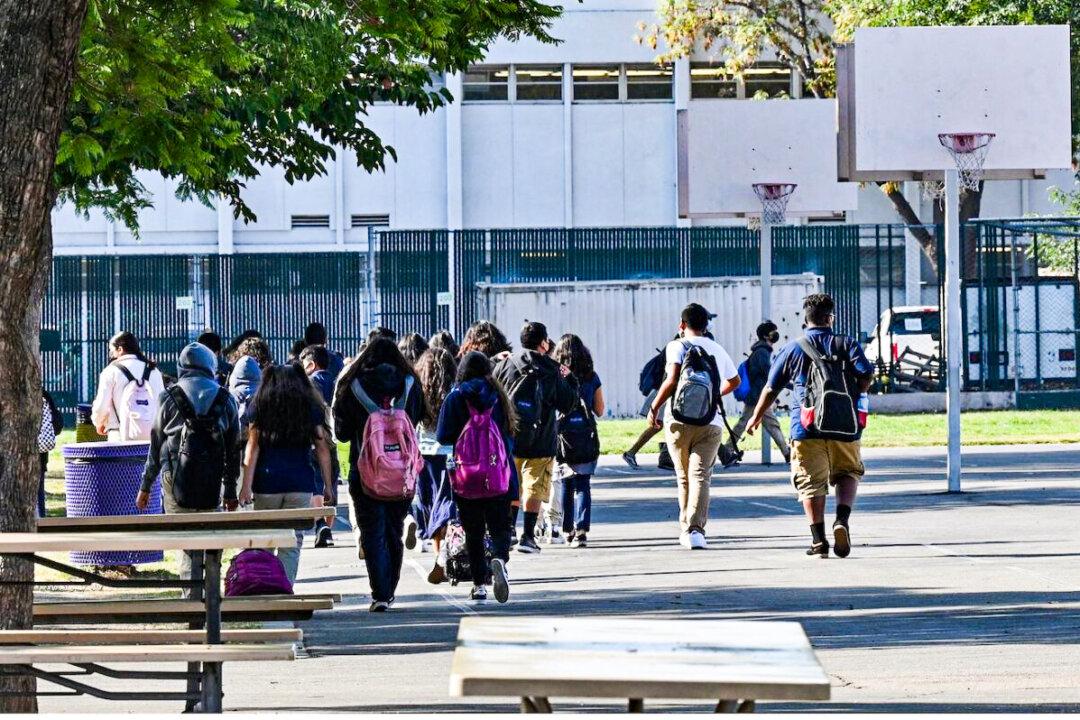Nevada legislators rejected a proposal from Republican Gov. Joe Lombardo to funnel COVID-19 relief funds into the state’s Opportunity Scholarship program, which provides public funds to hundreds of families in the state to be used for private school tuition.
The governor had requested $3.2 million in additional money for the eight-year-old program, saying that hundreds of children would lose their scholarships within weeks due to a lack of funding, forcing them to return to public schools.





